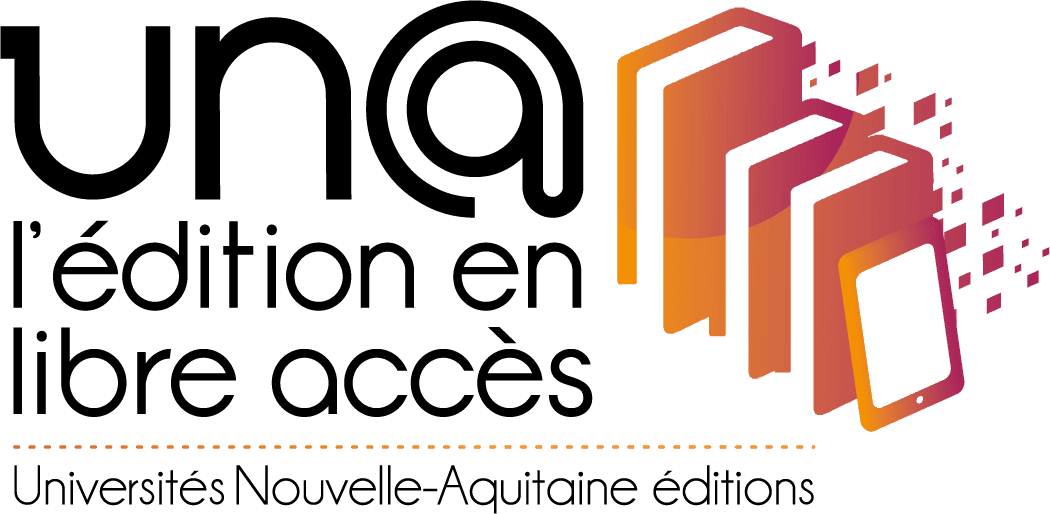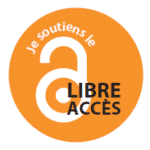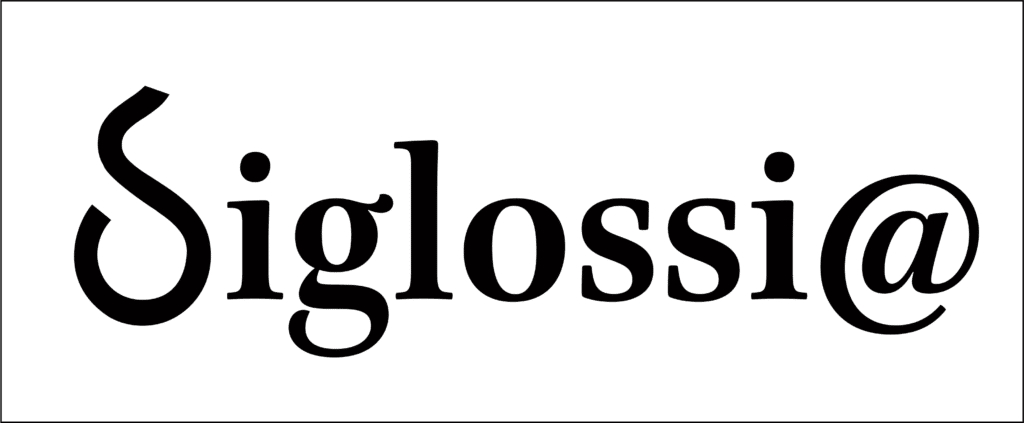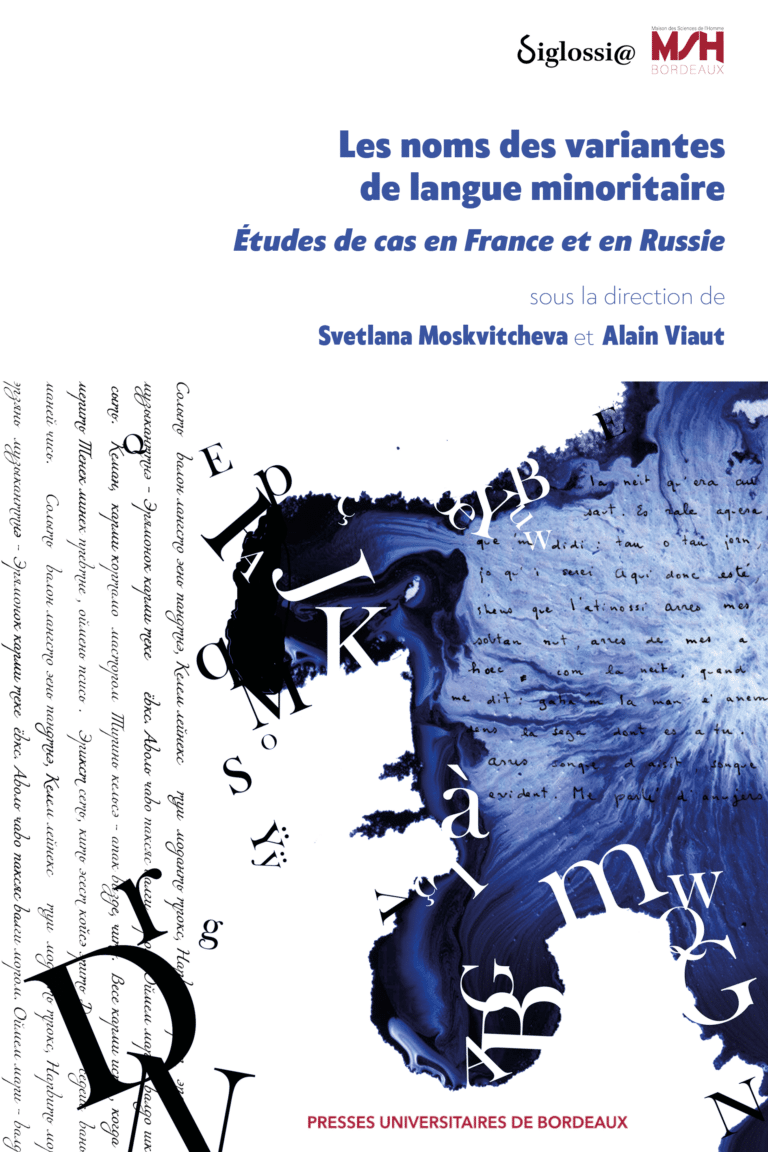Résumé
Cette contribution traite d’une expérience unique en termes de droit international de modélisation de l’application d’une convention internationale dans un pays qui n’a pas encore ratifié, mais seulement signé, le traité en question, avec un engagement à sa ratification ultérieure (il s’agit de la Charte européenne des langues régionales ou minoritaires, adoptée par le Conseil de l’Europe en 1992). D’autant plus que cette expérience est singulière et intéressante lorsqu’il s’agit de la Russie, un pays qui a signé la charte en 2001 et avec une grande diversifié linguistique, comptant près de 200 nationalités et encore plus de langues y compris minoritaires. Il est important de rappeler que la Charte, contrairement à la plupart des traités internationaux, prévoit un mécanisme important qui comprend la procédure des rapports réguliers présentés tous les trois ans par les États membres et relatives au respect de leurs obligations ainsi que le contrôle de ces rapports par un groupe d’experts indépendants internationaux.
La simulation susmentionnée de l’application de la Charte a été réalisée par le Conseil de l’Europe en 2009-2012 dans le cadre d’un programme conjoint avec l’UE et le Ministère russe du Développement régional. Cet article ne met en lumière que quelques aspects les plus importants de ce programme, soulignant à la fois l’universalité de la Charte et les problèmes qui peuvent se poser , y compris en ce qui concerne les noms de certaines langues, lors de son application dans les différentes régions de Russie vue leur diversité culturelle et linguistique. La complexité des situations sociolinguistiques en Fédération de Russie est démontrée dans cet article à travers les exemples de trois de ses entités constitutives (sujets) : la République de Mordovie, la Région de l’Altaï et la République du Daghestan.
Compte tenu du fait que, depuis mars 2022, la Russie a cessé d’être membre du Conseil de l’Europe, le contenu de cet article doit être considéré uniquement dans la perspective d’une recherche universitaire, sans lien pratique avec les actions concrètes du Conseil de l’Europe ou de la Fédération de Russie.
Mots clés : Charte européenne des langues régionales ou minoritaires, suivi de la Charte, minorité nationale, langue minoritaire, sujets de la Fédération de Russie.
The nomination of minority languages in the context
of the simulation of the applicability of the European Charter
for Regional or Minority Languages in Russia
Abstract
The article deals with the unique experience in terms of international law of modeling the application of an international convention in a country which has not yet ratified, but only signed the treaty, with the obligation of subsequent ratification (we are talking about the European Charter for Regional or Minority Languages, adopted by the Council of Europe in 1992). All the more so when it comes to Russia, a country which signed the charter in 2001 and which has nearly 200 ethnic groups speaking even more languages, the challenge was all the more non-trivial. Moreover, it is important to recall that the Charter, unlike most international treaties, provides for an important mechanism such as a procedure of regular (every three years) reporting by member states on the fulfilment of their obligations and their monitoring by a group of independent international experts.
The modelling of the application of the Charter was conducted by the Council of Europe in 2009-2012 as part of a joint program with the EU and Russian Ministry of Regional Development and this article highlights only the most significant issues, emphasizing both the universality of the Charter and the problematic issues that may arise, including for the naming of certain languages, when it is applied in certain regions of Russia. This diversity of sociolinguistic situations is demonstrated in the article by the example of three subjects of the Russian Federation: Republic of Mordovia, Altai Krai and Republic of Dagestan.
Taking into account that since March 2022 Russia ceased to be a member of the Council of Europe, the materials of this article should be seen from the perspective of scientific research, not related to one or another of the practical actions of the Council of Europe and the Russian Federation.
Keywords: European Charter for Regional or Minority Languages, Charter’ monitoring, national minority, minority language, subjects of the Russian Federation.
Номинации миноритарных языков в контексте моделирования применения Европейской Хартии региональных языков или языков меньшинств в Российской Федерации
Аннотация
В статье рассматривается уникальный с точки зрения международного права опыт моделирования применения международной конвенции в стране, которая пока ещё не ратифицировала, а только подписала договор, с обязательством его последующей ратификации (речь идёт о Европейской Хартии региональных языков или языков меньшинств, принятой Советом Европы в 1992 году). Эта задача была без преувеличения нетривиальной, поскольку речь шла о России – стране, подписавшей Хартию в 2001 году и насчитывающей порядка 200 народностей, говорящих на ещё большем количестве языков. Важно напомнить, что Хартия, в отличие от большинства международных договоров, предполагает использование такого важного механизма, как процедура регулярной (раз в три года) отчетности государств-членов об исполнении взятых на себя обязательств и их мониторинга группой независимых международных экспертов.
Упомянутое моделирование применения Хартии было проведено Советом Европы в 2009-2012 годах в рамках Совместной программы с ЕС и Министерством регионального развития РФ. В данной статье выделены лишь наиболее значимые вопросы, подчеркивающие как универсальность Хартии, так и очевидные проблемные вопросы, могущие возникнуть при её применении в отдельных регионах России и связанные с разнообразием социолингвистических ситуаций, включая ряд номинаций языков, что и продемонстрировано в статье на примере трех субъектов Российской Федерации – Республики Мордовия, Алтайском крае и Республики Дагестан.
Принимая во внимание, что с марта 2022 года Россия перестала быть членом Совета Европы, материалы данной статьи следует рассматривать под углом зрения научного исследования, не связанного с теми, или иными практическими действиями Совета Европы и Российской Федерации.
Ключевые слова: Европейская Хартия региональных языков или языков меньшинств, мониторинг выполнения Хартии, национальные меньшинства, миноритарные языки, субъекты Российской Федерации.





